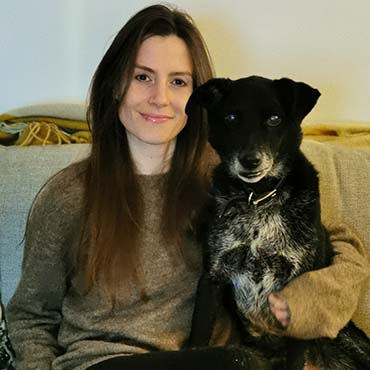Easing out of lockdown might feel very strange to you and it will also be odd for your pet. Our animals have become used to their changed routines with their owners spending more time at home.
New routines and re-socialising
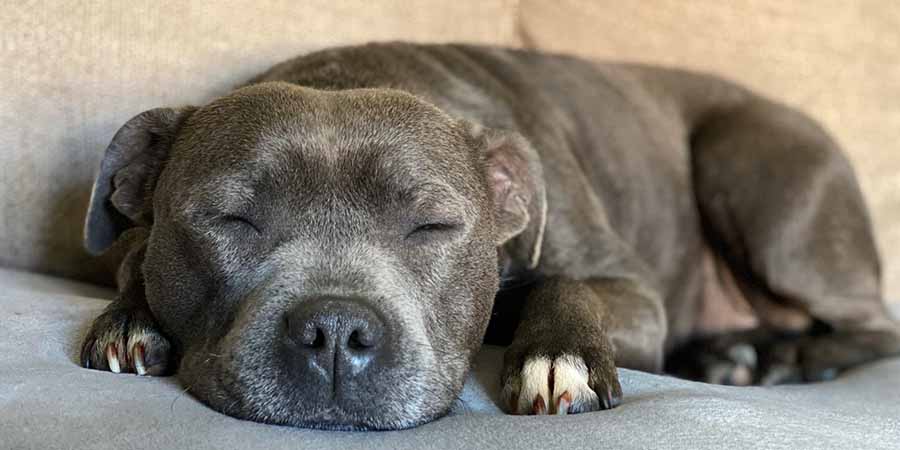
Many pets thrive on routine and may be used to their new covid way of life. Drastically changing it back could make them feel very stressed, so in the same way that we are easing ourselves out of lockdown, we need to slowly make a new normal for our pets.
When bringing people into your household again, keep the numbers low and the interactions with your dog short then gradually increase this. You don’t want your house to become too chaotic. Make sure your dog has a den or safe space to go if they need some time alone.
If you got a new dog during lockdown, you may feel like you want to rush out and expose them to the world to catch up on the socialisation that they might have missed, especially with puppies. However, this could be overwhelming for them and end up causing some unintended damage. It’s best to socialise them slowly, like you normally would, so they have time to get used to the new things they might have missed during lockdown. Take a look at our socialisation advice for tips on introducing your puppy to the wider world.
Getting out more

You might want to get out and work on training with your dog, but if they are feeling worried in the outside world they will likely be distracted and will struggle to learn, so make sure they are comfortable with their new world before working on any training. It’s best to start at home and slowly reintroduce your dog back to busier environments, and if they get scared or anxious, you need to take it slower. Remember to always go at your dog’s pace.
If your dog has become accustomed to you being around during lockdown, it is important they gain some independence again and are comfortable spending time on their own. You might need to gradually build them back up to being happy and settled when you’re out of the house. You can read more advice on helping your dog adapt on our blog.
When you do go out with your dog, more people may now wear facemasks to keep in line with government advice. This can be worrying for your dog, so it's worth getting them used to seeing people in facemasks before heading out. Find out how to get pets used to face coverings.
Meeting other dogs
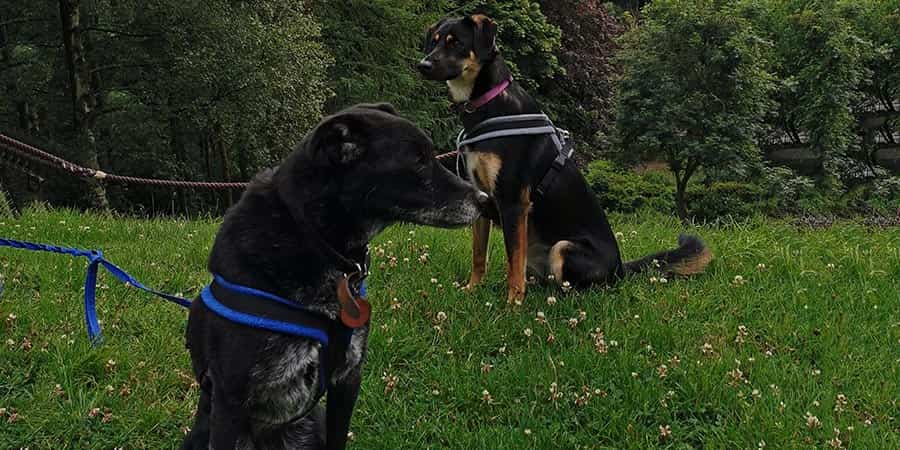
Our dogs may be more anxious interacting with other dogs as they may not have encountered any in a while. For initial introductions, keep them on leads, allow a few sniffs and give them some space from one another.
If they both seem happy and want to interact more, you can let them, but if they get too excited, give them space again. Too much excitement can be overwhelming for one or both of the dogs, meaning a nice interaction can turn into a negative one. Take a look at our information on canine communication so you can spot the signs of potential conflict.
Helping cats adapt post-lockdown
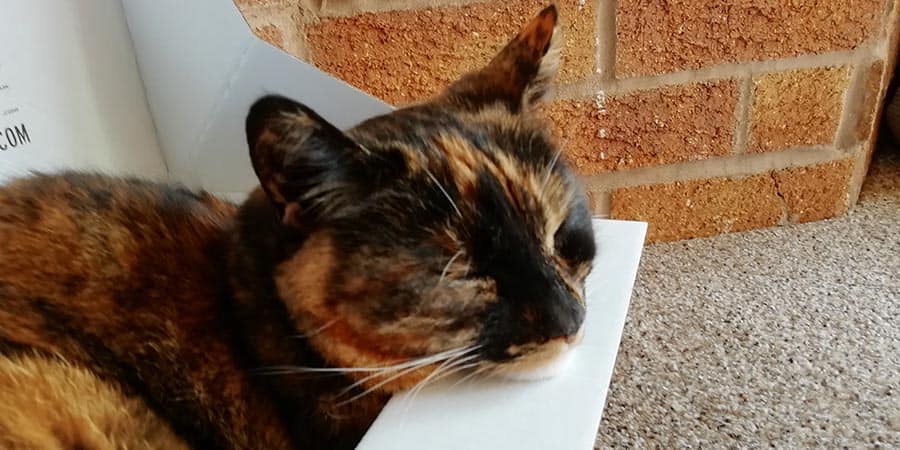
While they may seem more aloof, our cats also need time to adjust as we ease out of lockdown. Many cats might be feeling stressed that people are in their home environment all the time, but others may be enjoying the company and become stressed when you start going out more. Try to gradually increase the length of time that your cat is left for so they get used to being alone again. Provide them with lots of things to do on their own that will keep them mentally and physically active. Enrichment items must be accessible to every cat in the household in different locations to avoid conflict. Read our full blog on separation anxiety in cats to help them get used to spending time apart.
Pheromone diffusers and creating the perfect, cat-friendly environment can help make your cat feel more comfortable in their home.
New cat on the block
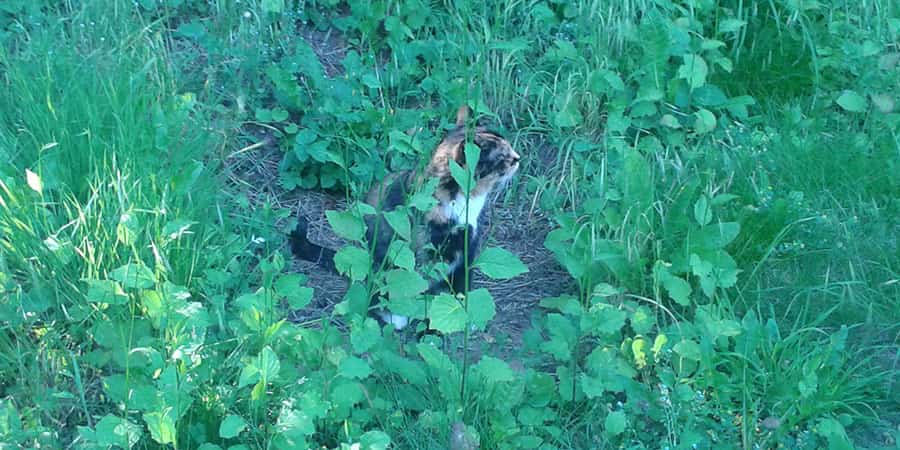
There may be new cats to the neighbourhood which can make your cat feel threatened. Ensure you cat has lots of safe spaces to hide and vantage points at different heights around the house. Also have multiple litter trays, keeping one away from doors and windows as they may feel scared to use it if a new cat is near to your home. Creating visual barriers to block other cats looking into your home will help manage your cat’s stress.
The key message for easing out of lockdown is to do things slowly, don’t overwhelm your pet. Some will find it more difficult than others – remember our pets are individuals and what one animal may find easy, another may find very difficult. Let them go at their own pace.
